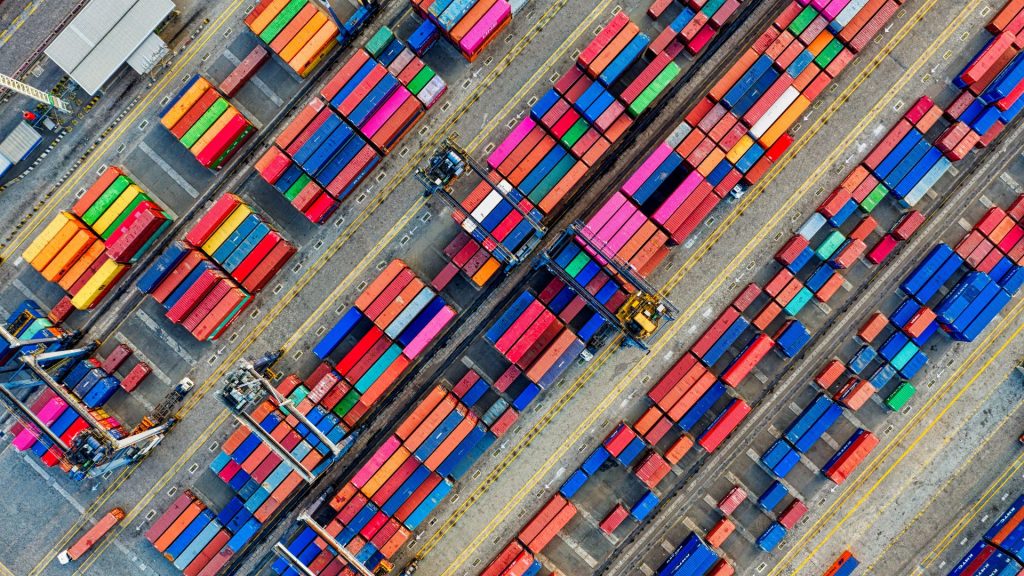In simple terms, trade is an exchange of goods or services for a value between one person and another. Trade may involve the exchange of goods against other goods or services or exchanging goods against money. Trade or trading of goods also occurs between two companies or businesses, where one supplies goods as raw material to another for production and sells the finished goods further to another company or the end consumer.
Before, the trade was a barter arrangement, where one good had to be exchanged for another good or commodity. The barter trade does not involve the use of money or funds. Although not completely ended, the barter trade is not a normal practice in today’s modern world because of the maturity of financial systems and the regulations traders have to follow. One of the requirements of trade is to do business activity transparently, where the buyer and seller know and exchange the real value for the goods or services.

What is Trade?
Trade refers to the exchange of goods or services between two or more parties, often involving the transfer of money as payment. Trade can occur between individuals, businesses, or nations, and it can take many different forms, including direct bartering, cash transactions, and electronic payments.
Traders must establish and register the trading business or companies with relevant regulatory authorities or bodies, to perform the trading business. Registration requirements impose certain restrictions on the traders, including importers and exporters, in terms of goods or services allowed to be traded. It depends on the local regulatory requirements, which may vary from country to country.
Trades are made between two countries, where a company from one country sells goods or services to a company in another country, against the money as a value. For example, the textile products are sold by country A to country B against the value determined in terms of real money. This is a form of international trade.
Countries trading with each other define the trading terms that traders must follow and comply with. The trading terms include allowed and not allowed commodities or goods for trading purposes. Usually, the trading terms aim to prohibit criminals from getting involved in trading and causing the movement of funds from one place to another to launder black or illegal money.

At the international level, government authorities sign different trading agreements, including terms and conditions, which each country must understand and follow. The non-compliances with the trading agreement or non-compliance with the countries’ laws and regulations cause the discontinuance of international trade.
Therefore, it is very important to understand the trading terms and conditions to trade. The traders must have relevant knowledge of the local laws and regulations to ensure that non-compliance does not occur. To comply with the terms and conditions, companies trading with each other hire subject matter experts, such as lawyers or compliance persons, who possess knowledge and experience of laws and regulations applicable to the trading businesses or activities.
A few regulatory requirements that traders or trading companies must know and follow include laws related to goods and services allowed to be traded, local tax laws including income tax, sales tax, and customs duties, and laws and regulations related to payments or foreign exchange, etc.

Final Thoughts
Trade is an important aspect of the global economy, as it allows countries to specialize in the production of certain goods or services and then trade them with other countries for goods or services that they cannot produce as efficiently. This can lead to increased economic growth and can benefit consumers by providing them with access to a wider variety of goods at lower prices.
International trade has become increasingly complex over time, with many countries forming trade agreements and organizations to regulate and promote trade between themselves. Some examples of these organizations include the World Trade Organization (WTO) and regional trade agreements such as the European Union (EU) and the North American Free Trade Agreement (NAFTA).









